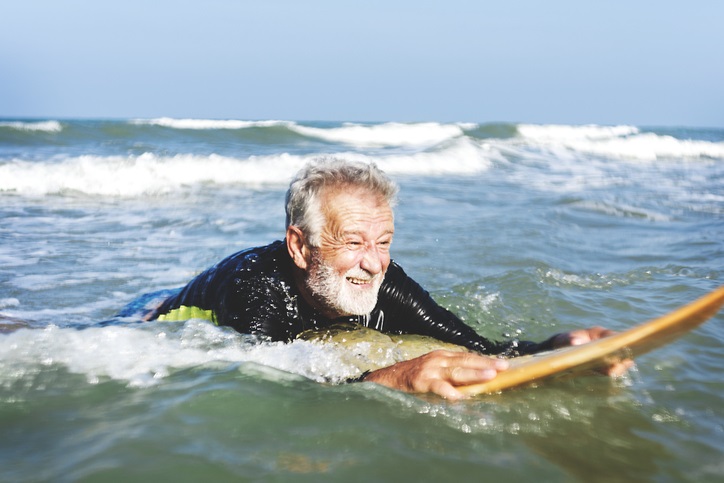Commitment + Clinical Leadership = Better Outcomes

Swimming Safety Tips
Are you ready to go to the pool with your family this summer? Before you jump into the water, we have some pool safety tips to keep you and your family safe this summer.
- Supervise children. Children should be supervised at the pool at all times. This is especially important for kids who do not know how to swim, as it can take only seconds for one of them to need the help of an adult.
- Do not run. Running at a pool can be dangerous because it can lead to slipping and falling. Always walk at the pool, and remind any children you are with to also walk.
- Have a phone nearby. It is important to always have a phone nearby in case of an emergency. Many pools will have a phone onsite. If there is no phone in the area, keep a cell phone in your bag just in case.
- Ensure that there is pool safety equipment. In the event of an emergency, ensure that the pool that you are using has the proper safety equipment. Most public pools are required to have these onsite and in a place where anyone can easily access them.
- Learn CPR and first aid. In case of an emergency, you should be aware of how to perform basic CPR and first aid. You can watch a tutorial online or take a free class if you need to refresh your memory.
- Wear sunscreen and sun protection. It’s important to protect your skin from the sun’s harmful rays. Experts recommend that you re-apply sunscreen every two hours.1
- Learn to swim. If you don’t know how to swim, it is important to take a basic swimming class. It can only take seconds to accidentally find yourself in a deeper part of the pool than you anticipated, and you should be able to swim in order to get back to safety.
- Do not swim during storms. If it is raining, especially with thunder and lightning, avoid swimming. It is recommended to wait 30 minutes after the last sound of thunder to ensure that the pool area is safe to swim in.2
- Be aware of hazards in the water. Rocks, sticks, glass, and other debris can accidentally fall into the water and cause cuts, scrapes, and other injuries. Always inspect the pool before swimming and remove these hazards when you can.
- Don’t leave toys and floaties in the pool unattended. These extra toys and floaties can create hazards, especially for smaller children.
- Know the location of pool filters and drains. Pool filters and drains can be dangerous, especially for young children. Know the location of these ideas to help protect yourself and your family members.
- Do not play dangerous pool games. Some pool games, such as breath holding or flip contests, can be dangerous for the participants if something goes wrong. Avoid allowing the group to play these games to ensure the safety of those around you.
- Always swim in clear water. If the pool water looks green or murky, avoid going into the pool. This could be a sign that the pool needs be looked at, as a different color indicates bacteria and other harmful pathogens in the water.
- Take breaks. It is important to take breaks to prevent you and your loved ones from feeling fatigued after a long day of swimming. You should take 15 minute breaks for every 45 minutes in the water to stay rested.
Saber Healthcare
Saber Healthcare is an organization that provides consulting services to more than 130 buildings across the states of Ohio, Pennsylvania, Virginia, North Carolina, Indiana, and Delaware. To learn more about our company and services, click here.
Saber Healthcare is an organization dedicated to providing consultant services to long-term care providers. This article is for informational purposes and is not meant to be seen as professional advice. Please consult with a medical expert before relying on the information provided.
- https://www.hopkinsmedicine.org/health/wellness-and-prevention/sunscreen-and-your-morning-routine#:~:text=Generally%2C%20sunscreen%20should%20be%20reapplied,desk%20just%20to%20be%20safe.
- https://www.weather.gov/safety/lightning-safety-overview#:~:text=Minimizing%20the%20Risk&text=Finally%2C%20wait%2030%20minutes%20after,country%20could%20be%20greatly%20reduced.
